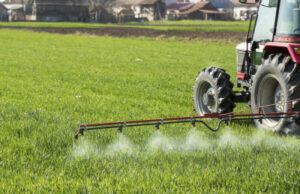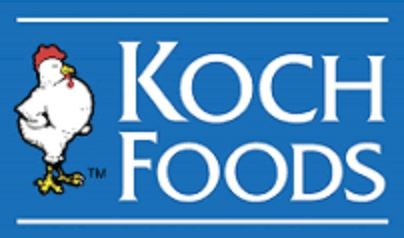Crop Inputs Lawsuit
Nature of Action:
 Unlawful agreement between manufacturers, wholesalers, and retailers of Crop Inputs to artificially increase and fix the prices of seeds and crop protection chemicals such as fungicides, herbicides, and insecticides used by farmers.
Unlawful agreement between manufacturers, wholesalers, and retailers of Crop Inputs to artificially increase and fix the prices of seeds and crop protection chemicals such as fungicides, herbicides, and insecticides used by farmers.
The cost of Crop Inputs is increasing at a significantly faster rate than profits from farmers’ crop yields. The skyrocketing Crop Inputs prices are causing farmers to take on operating debt and often forcing them into bankruptcy, creating a crisis situation in the agriculture community for American farmers who are critical to the nation’s food supply. Neither the cost increases nor the price disparities are attributable to any independent legitimate cause, such as weather or other factors.
Status Of Lawsuit:
A class action lawsuit was filed on Feb 24 2021 in US District Court, District of Minnesota seeking injunctive relief and financial compensation for farmers, persons, and entities who purchased Crop Inputs, for their own use and not for resale, in the United States from at least as early as January 1, 2014 through the present (“Class Period”) from the Defendants, or through Defendants’ authorized retailers.
>>SUBMIT INFO RELATING TO CROP INPUTS CASE<<
Defendants:
Manufacturer Defendants:
- Bayer Crop Science, Inc.,
- Corteva, Inc.,
- Syngenta Corporation, and
- BASF Corporation
Wholesaler Defendants:
- Cargill Incorporated,
- Winfield Solutions, LLC,
- Univar Solutions, Inc.
Retailer Defendants:
- CHS Inc.,
- Nutrien Ag Solutions Inc.,
- Growmark Inc.,
- Simplot AB Retail Sub, Inc.,
- Tenkoz Inc.,
- Federated Co-Operatives Ltd.
Overview:
The Defendants have established a secretive distribution process that keeps Crop Inputs prices inflated at supra competitive levels and, in furtherance of their conspiracy, denies farmers access to relevant market information, including transparent pricing terms that would allow comparison shopping and better-informed purchasing decisions and information about seed relabeling practices that would enable farmers to know if they are buying newly developed seeds or identical seeds repackages under a new brand name and sold for a higher price.
Beginning at least as early as 2014, new online Crop Inputs sales platforms launched and offered pricing comparison tools to allow farmers to view what other farmers were paying for the same Crop Inputs, thus increasing price transparency. These online sales platforms, including Farmers Business Network (“FBN”) and AgVend Inc., became successful with farmers.
Viewing this success, Defendants conspired and coordinated to boycott these online Crop Inputs sales platforms because of the threat they posed to Defendants’ market position and price control. For example, the Manufacturer Defendants and Wholesaler Defendants agreed amongst themselves not to sell Crop Inputs to FBN, and enforce strict discipline on Retailer Defendants who failed to comply with the boycott. Defendants Syngenta, Bayer, BASF, and Corteva used audits and inspections of their authorized retailers to ensure that online Crop Inputs sales platforms were unable to obtain Crop Inputs from their authorized retailers.
The Defendants’ boycott succeeded. As a result of their anti-competitive conduct, online Crop Inputs sales platforms, such as FBN and AgVend, were unable to purchase Defendants’ Crop Inputs in order to sell them on their platforms. Because Defendants are the dominant manufacturers and sellers of Crop Inputs, this was a devastating blow to these sales platforms and directly harmed farmers in taking away a lower cost option for purchasing these Crop Inputs.
Defendant’s anti competitive conduct is the subject of ongoing investigations by the Canadian Competition Bureau (“CCB”) and the Unites States Federal Trade Commission (“FTC”). A Canadian federal court has found that there is sufficient evidence to require Defendants to also produce records concerning their coordinated anticompetitive conduct in the United States. The FTC is likewise investigating anticompetitive conduct in the Crop Inputs market. At lease one defendant, Corteva, has received a subpoena from the FTC directing it to submit documents related to Crop Inputs “in order to determine whether Corteva engaged in unfair methods of competition through anticompetitive conduct.”









